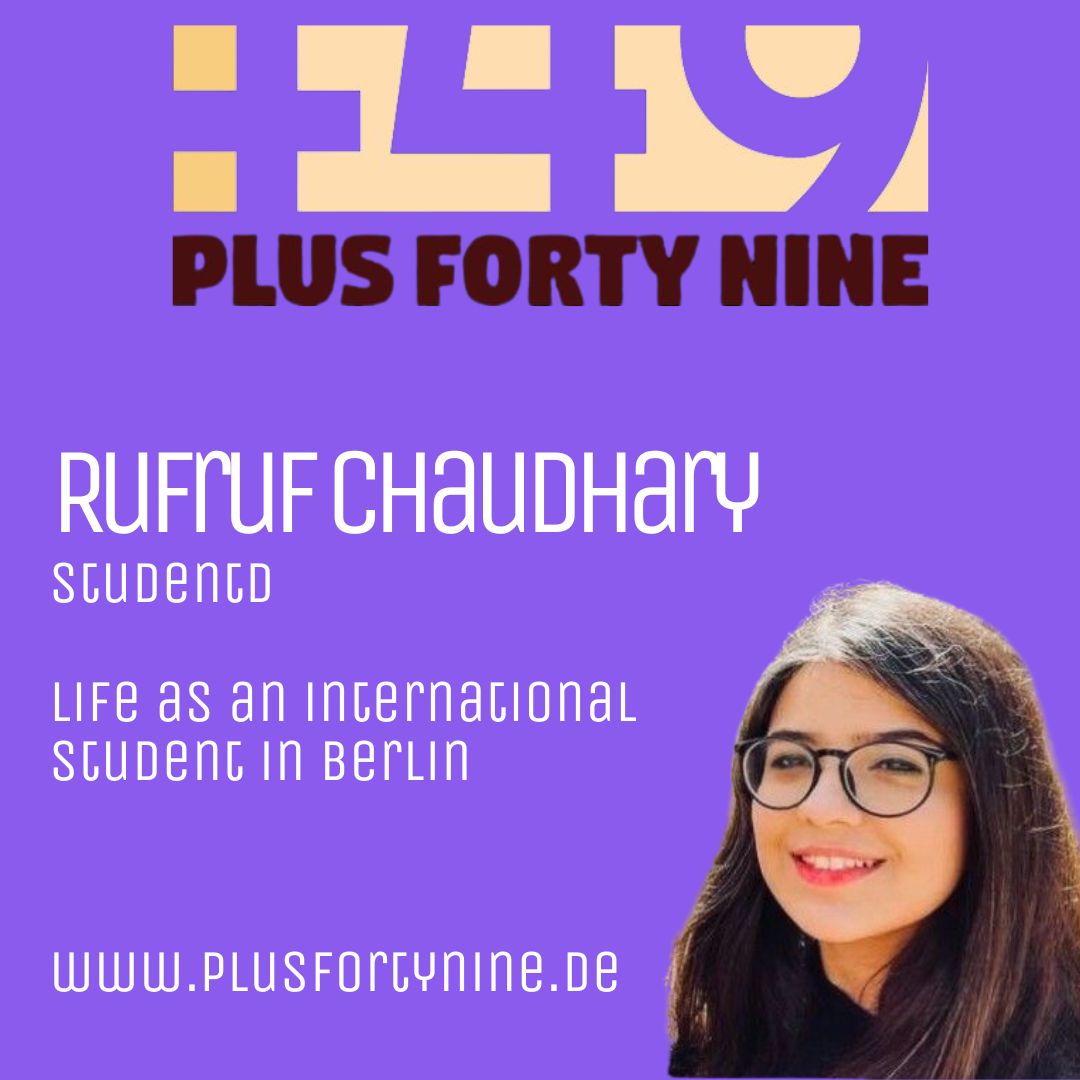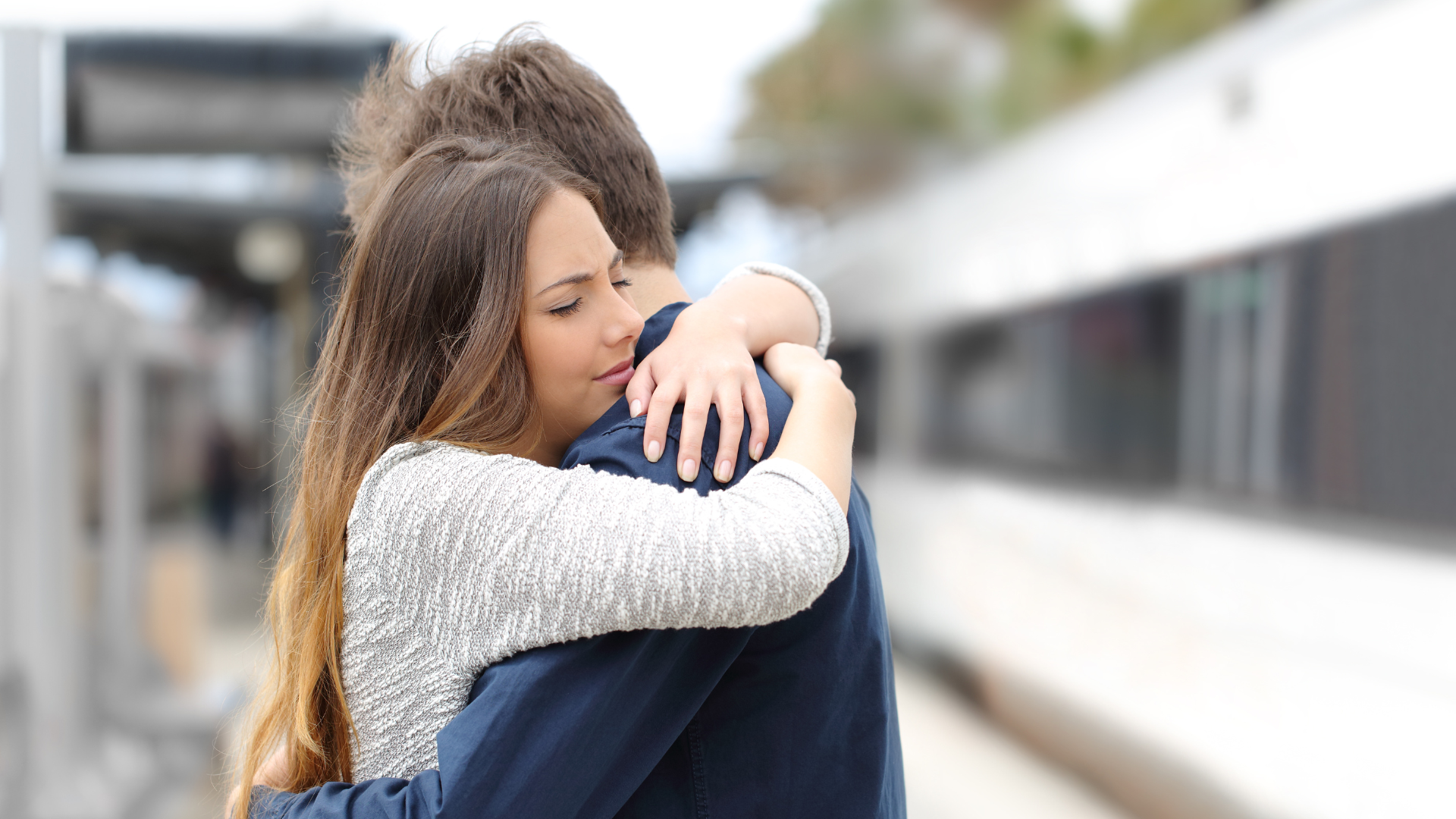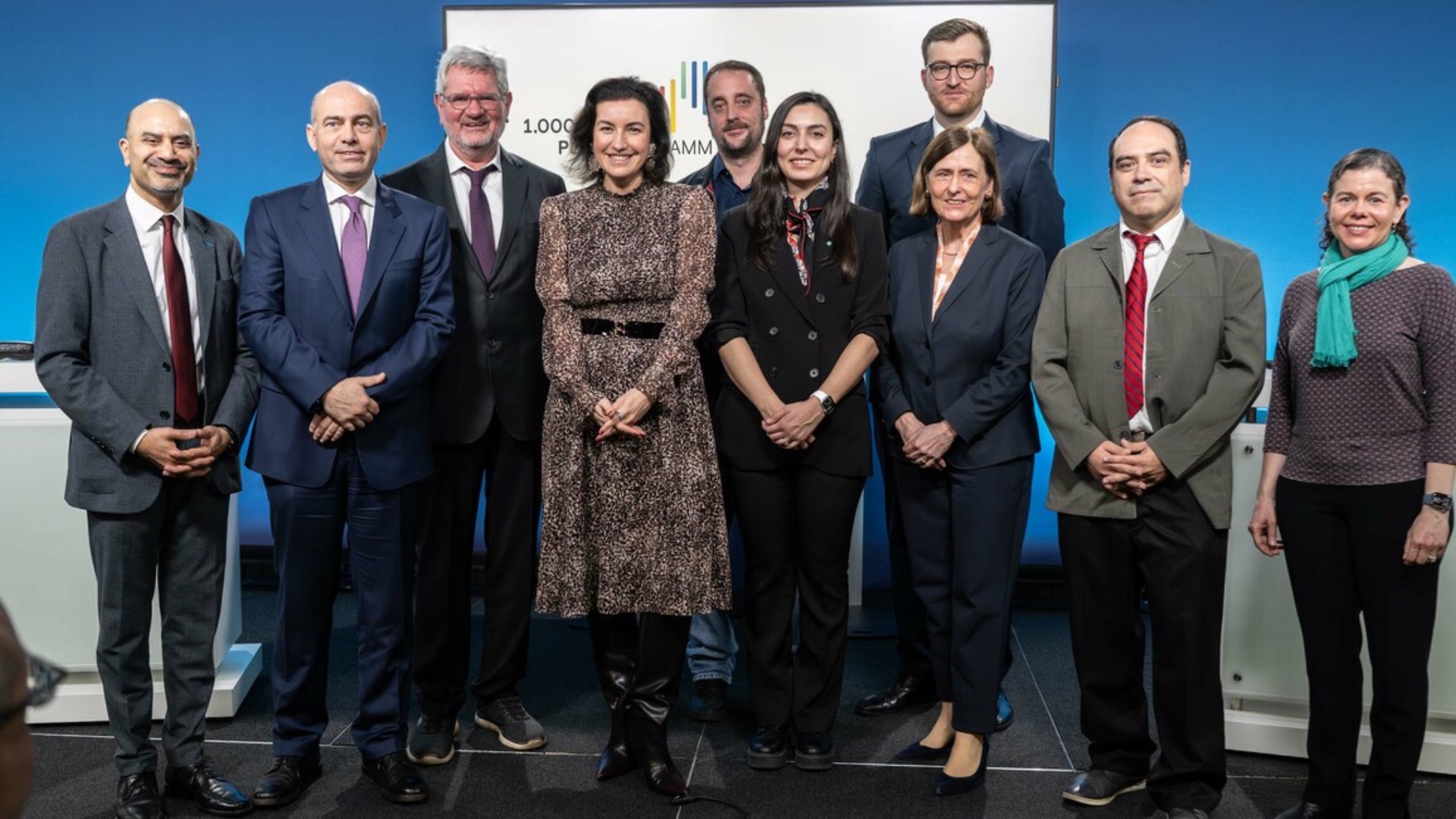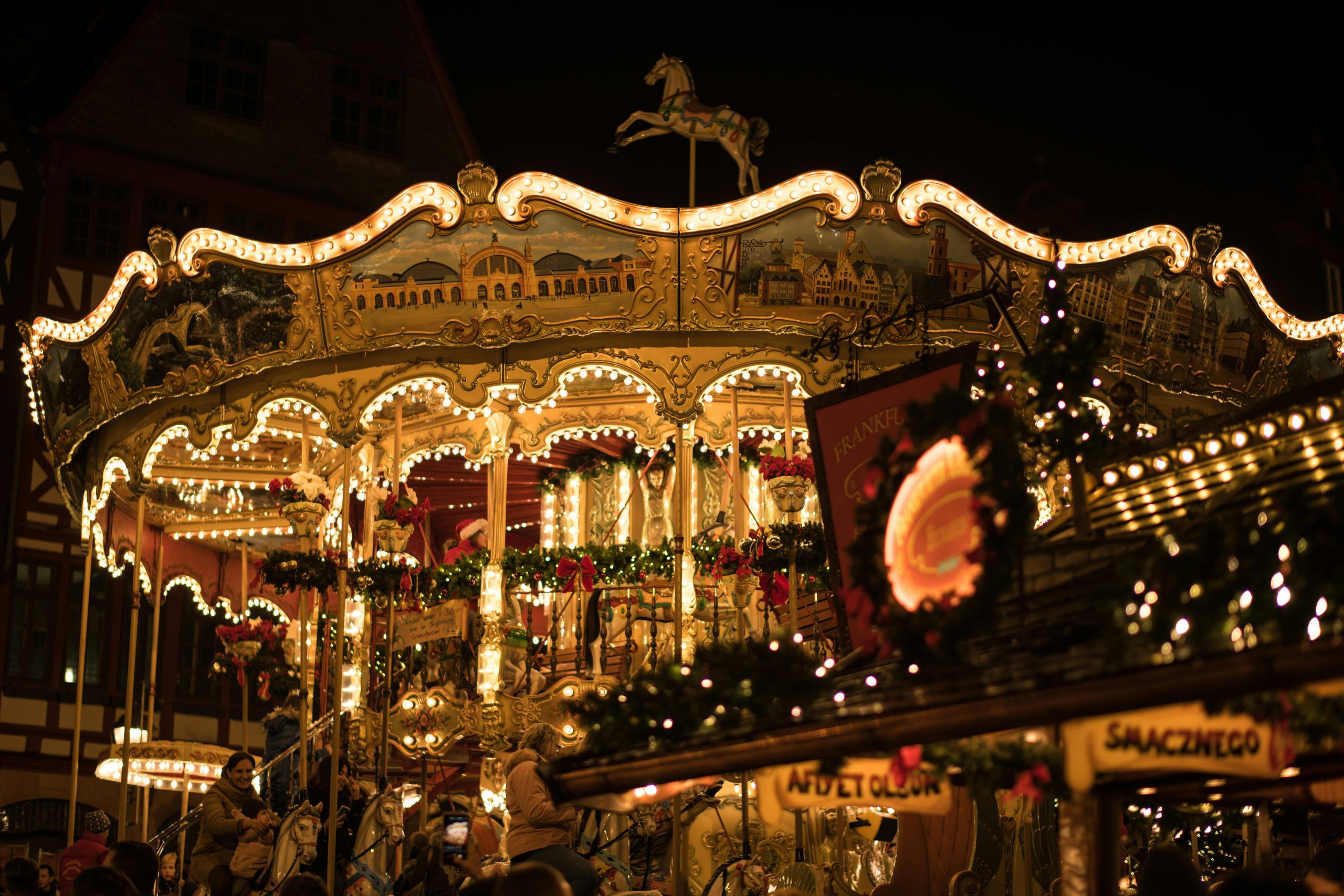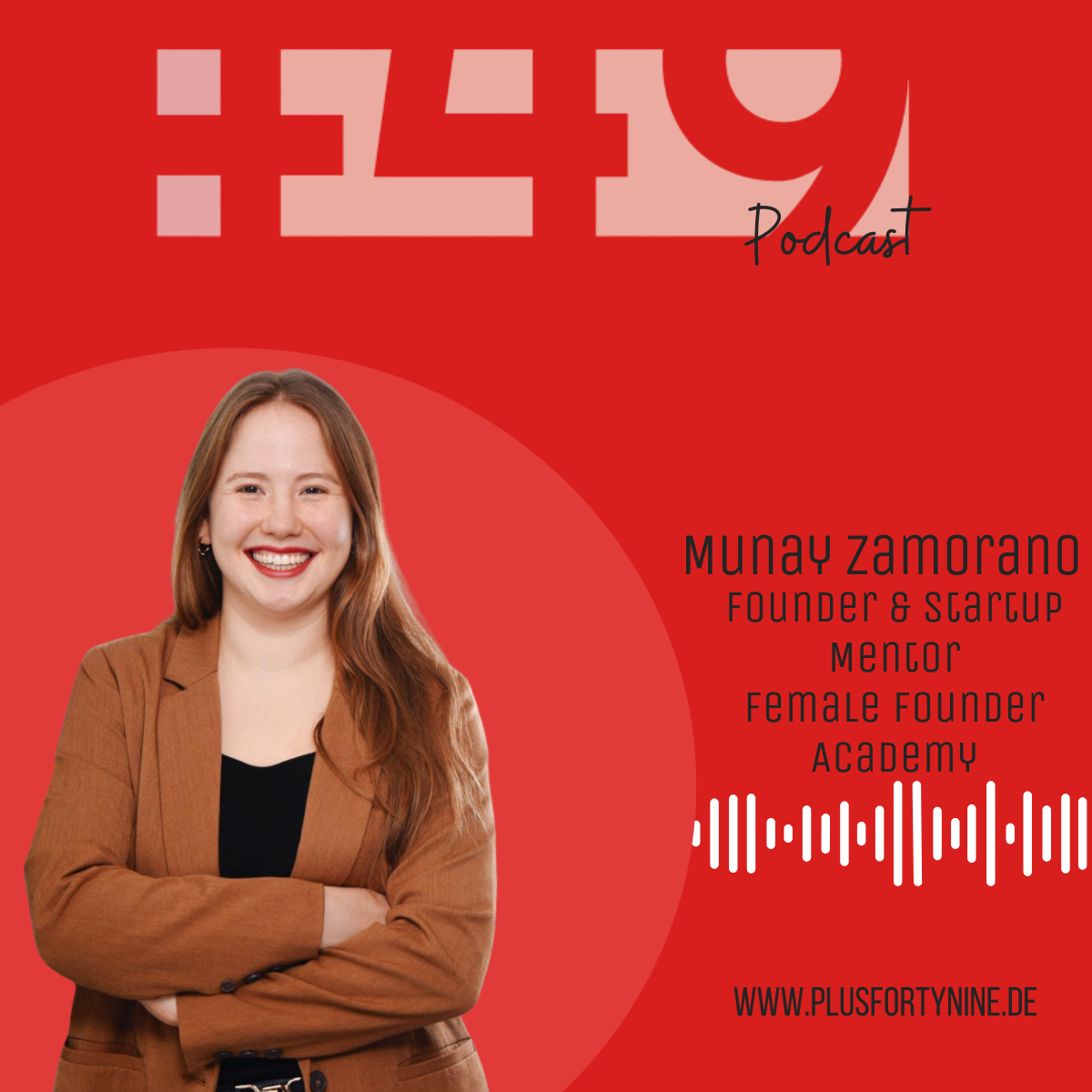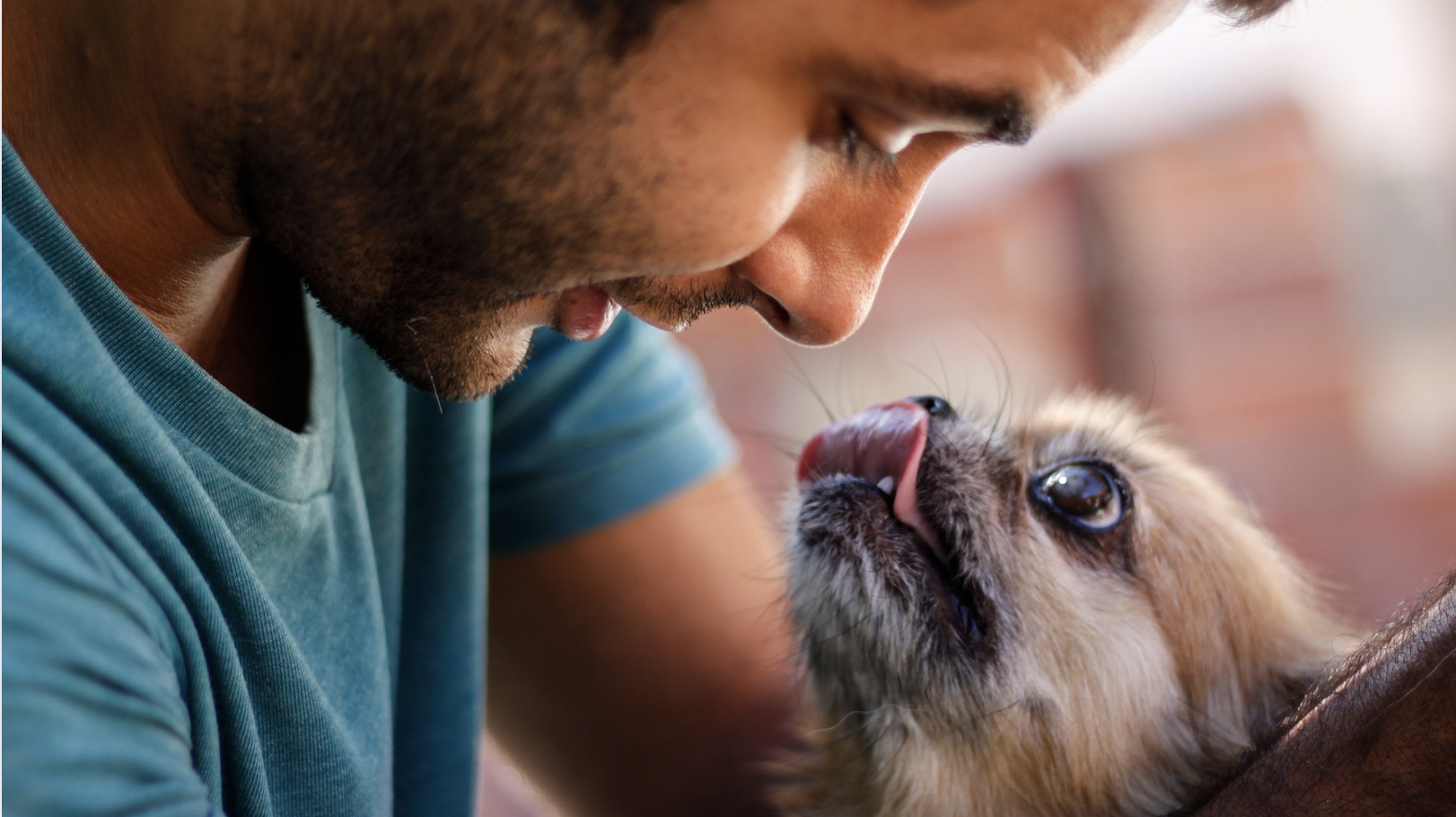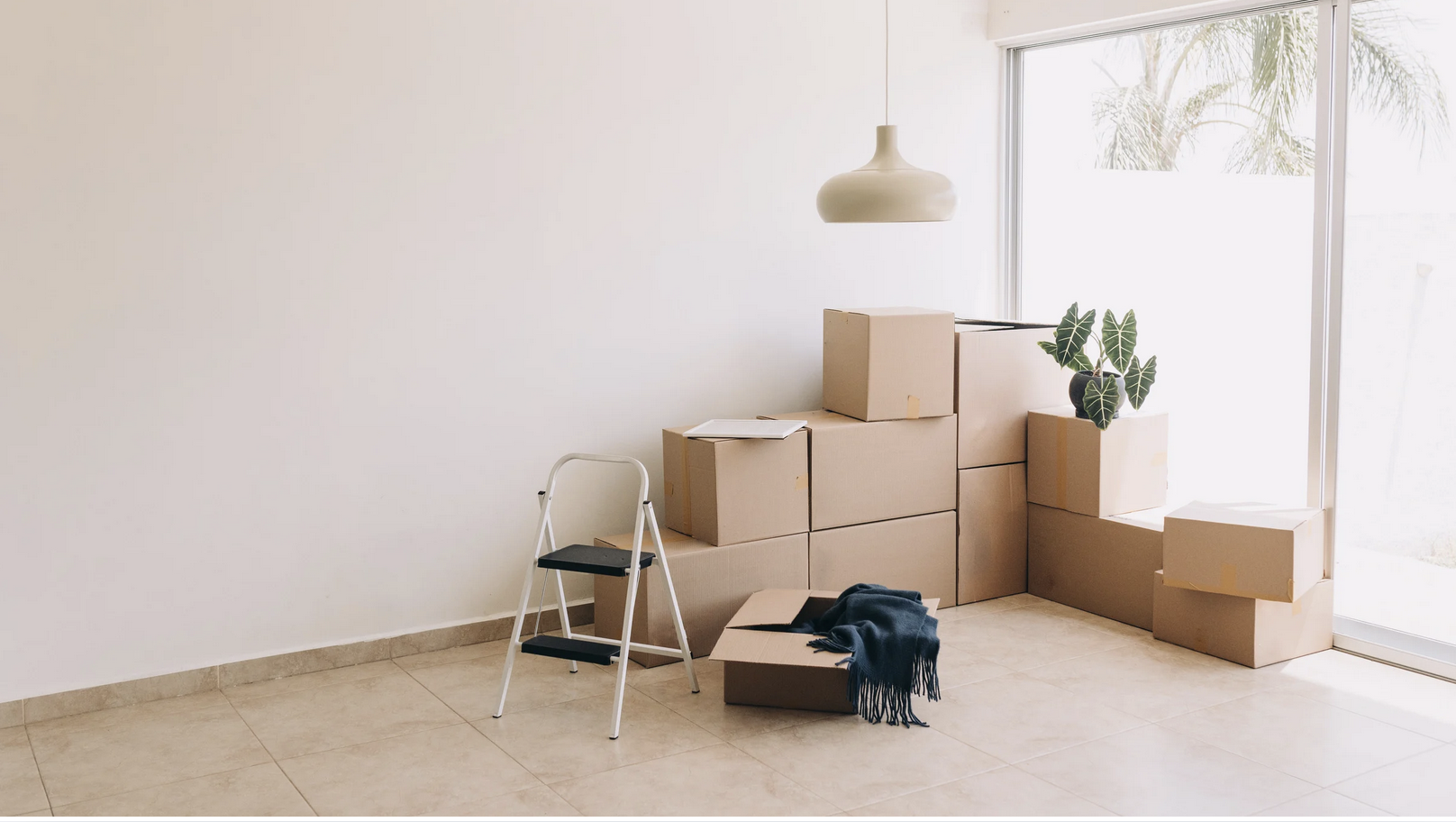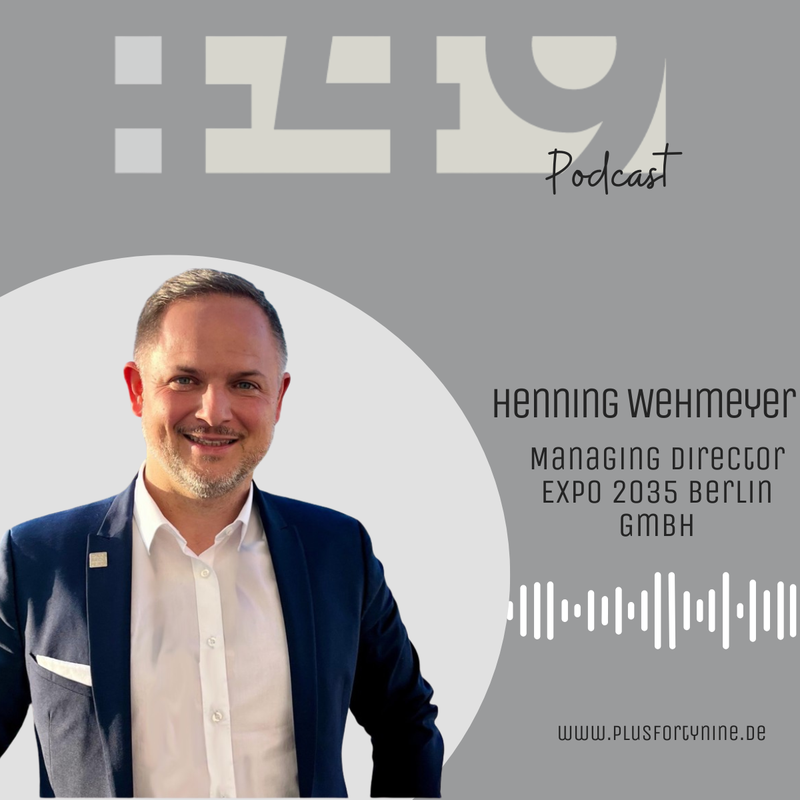Marlene:
Today I’m joined by Rufruf—welcome! Can you tell us who you are and what brought you to Germany?
Rufruf:
Hi, Marlene. I’m from Pakistan and moved to Berlin about six months ago. I’m studying for a master’s in international security management at the Berlin School of Economics and Law.
Studying & University Life
Marlene:
How has your experience as an international student in Germany been so far?
Rufruf:
It’s been great. I’ve met people from all over the world. The university culture is very open and diverse, which is wonderful when you want to learn about security and global politics from different perspectives.
Marlene:
What about making friends here—Germans or mostly other internationals?
Rufruf:
Mostly internationals, but there are some Germans in my class. I think the idea of friendship is a bit different here in Germany. It takes time to really become close. After six months, I have one German friend who I’d say really considers me a friend as well!
Friendship and Culture Shocks
Marlene:
That’s impressive! Many internationals say it’s hard to become friends with Germans. Did you expect the friendship “process” to be so gradual?
Rufruf:
Not really. At home, friendships happen faster and aren’t such a big deal. I was told about the slow pace here, but only understood after arriving. It was a culture shock—one of many.
Marlene:
What other culture shocks did you experience?
Rufruf:
The biggest one: everything’s closed on Sundays! In Pakistan, I can always find shops open if I need something, but here you really have to plan ahead. That was hard as a student.
Dating, Language and Life in Berlin
Marlene:
How have you found dating in Berlin?
Rufruf:
To be honest, I haven’t really tried. Dating is very app-oriented here, which isn’t my style—I prefer meeting face to face. With a small social circle, it’s harder to meet people, but I’m working on it.
Marlene:
What challenges did you face in daily life?
Rufruf:
Language is a big one, and so is bureaucracy—registering your address, setting up a bank account, health insurance. It’s overwhelming at first, but you get used to it.
Food and Everyday Efficiencies
Marlene:
What’s your experience with German food so far?
Rufruf:
A lot of Döner and bread! German food is quick, efficient, filling—and you’ll always find something to eat in Berlin. I still miss my home food but appreciate that eating here can be so convenient.
Advice for New Students
Marlene:
Any advice for future international students in Germany?
Rufruf:
Definitely learn some German, even just enough for daily life, and get all your documents sorted as soon as possible. The system is efficient, but the responsibility’s on you.
Future Plans and Why Berlin?
Marlene:
Do you want to stay in Germany after you finish your degree?
Rufruf:
Yes, hopefully for many years. My program is two years, but I hope to work and build a life here. Berlin is so diverse and full of opportunity—I love sitting by the cathedral or the Altes Museum to recharge.
Marlene:
And are you ready for your first Berlin winter?
Rufruf:
I know it’ll be gray, but I actually like cold weather and cozy sweaters. I’m looking forward to experiencing it!
Marlene:
Thanks so much for sharing your experiences, Rufruf.
Rufruf


